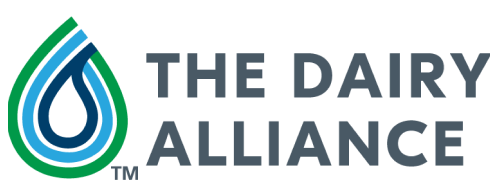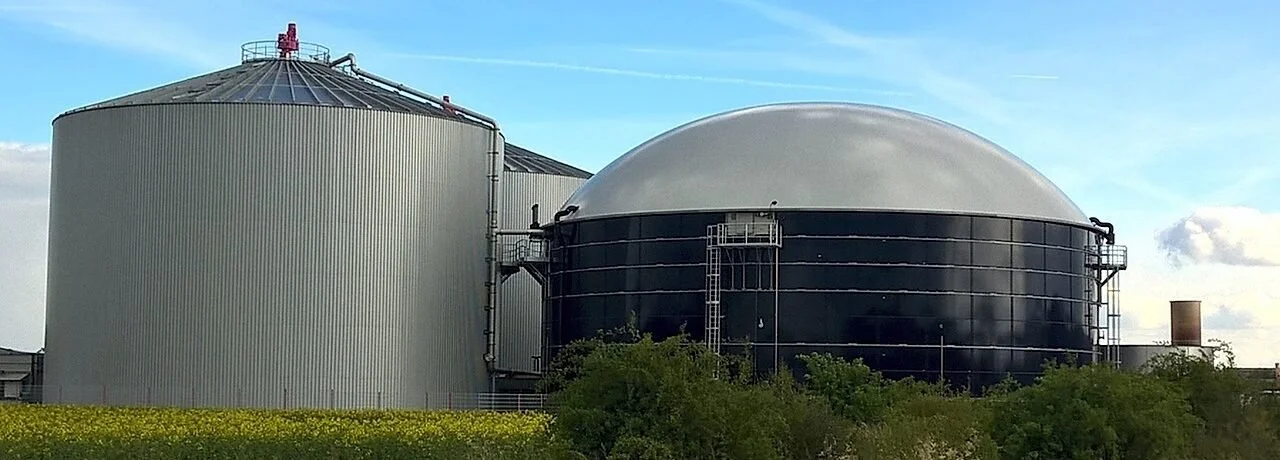Dairy Production: Fuel for a More Sustainable Future
Did you know dairy production has the power to fuel a more sustainable future? The dairy industry is innovating the way in which dairy waste is managed by capturing methane and turning it into a valuable resource. These advances not only reduce harmful emissions but also produce renewable energy that promotes sustainability.
When it comes to fueling our bodies, dairy products have long been recognized as a nutritional powerhouse. Milk is packed with 13 essential nutrients–like protein, calcium, vitamin D, and B vitamins–that our bodies require to function at their best. Now, learn how the dairy industry is turning waste into fuel!
Transforming Dairy Waste into Fuel
Biogas from Manure: Dairy farms produce massive amounts of manure, which, when left untreated, can release harmful greenhouse gases like methane into the atmosphere. However, through a process called anaerobic digestion, this manure can be broken down by bacteria in an oxygen-free environment, producing biogas. Biogas is primarily composed of methane and can be used for heating, electricity generation, or fuel.
Methane from Food Waste: Around 30% of the global food supply is wasted every year. But did you know it can be used in a methane digester and serves as an additional source of biogas? When manure and food waste are paired together it is called co-digestion.
Manure as Natural Fertilizer: Dairy farmers make efforts every day to reuse resources to stay environmentally friendly but also to minimize their cost of doing business. Dairy farmers reuse cow manure in many ways, like using it as fertilizer to improve soil productivity on and off the farm. This reduces the need for synthetic fertilizers while reducing greenhouse gas emissions by using a byproduct from the farm.
Benefits of Using Dairy Production as a Fuel Source
Reducing Greenhouse Gas Emissions: One of the major benefits of utilizing dairy waste as a fuel source is its potential to reduce greenhouse gas emissions. When managed properly, the methane produced from dairy waste can be harnessed and used as fuel, preventing it from being released into the atmosphere where it contributes to global warming.
Double the Benefits: As more dairy farms adopt methane digesters, they become not only a source of important fuel and nutrients to support human health but also a renewable source of energy.
The next time you reach for a glass of milk or your favorite yogurt, remember that dairy doesn’t just fuel our bodies, it’s fueling a better world.
Kristen Leinheiser is a Dietetic Intern at VCU Health System. Originally from Philadelphia, she recently moved to Richmond, VA to pursue a career as a Registered Dietitian. For over 13 years, she dedicated much of her time to helping others while working in the non-profit sector – most recently, providing support for oncology-centered nutrition education programs. She is passionate about promoting health and wellness through education and is looking forward to a rewarding career in dietetics.





